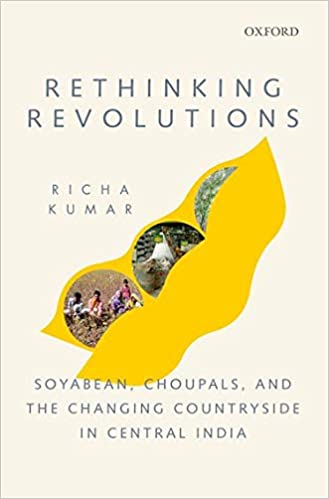At a time when doubling farmer’s income in the next five years has become the catch phrase, the policy emphasis is on the oft-beaten approach of boosting crop productivity, reducing the cost of cultivation, expanding the area under irrigation and providing a unified national agricultural market.
This makes me wonder. If increasing crop productivity, which is what economists and policy makers have been relentlessly asking for, then why is Punjab, the food bowl of India, faced with a terrible agrarian crisis? In a State which has 98 per cent assured irrigation and where the per hectare yields of wheat and rice match international levels I see no reason why farmers should then be dying. Is there something that I am missing in my understanding of agriculture or is it that the policy makers have still not be able to emerge out of the tragic narrative of the past, so well crafted and hyped ?
Raising crop productivity is the only paradigm within which agriculture has been understood and evaluated, says Richa Kumar in her magnificently researched book Rethinking Revolutions. Richa Kumar teaches in the Department of Humanities and Social Sciences, Indian Institute of Technology, Delhi. Although she examines the politics of agriculture through the prism of the ‘Yellow Revolution’, which essentially began with the introduction of soyabean cultivation in Central India, and subsequently propped up with the advent of eChaupals, she dwells much deeper to successfully demolish the popular notion that narrow, technological solutions alone are the answer.

